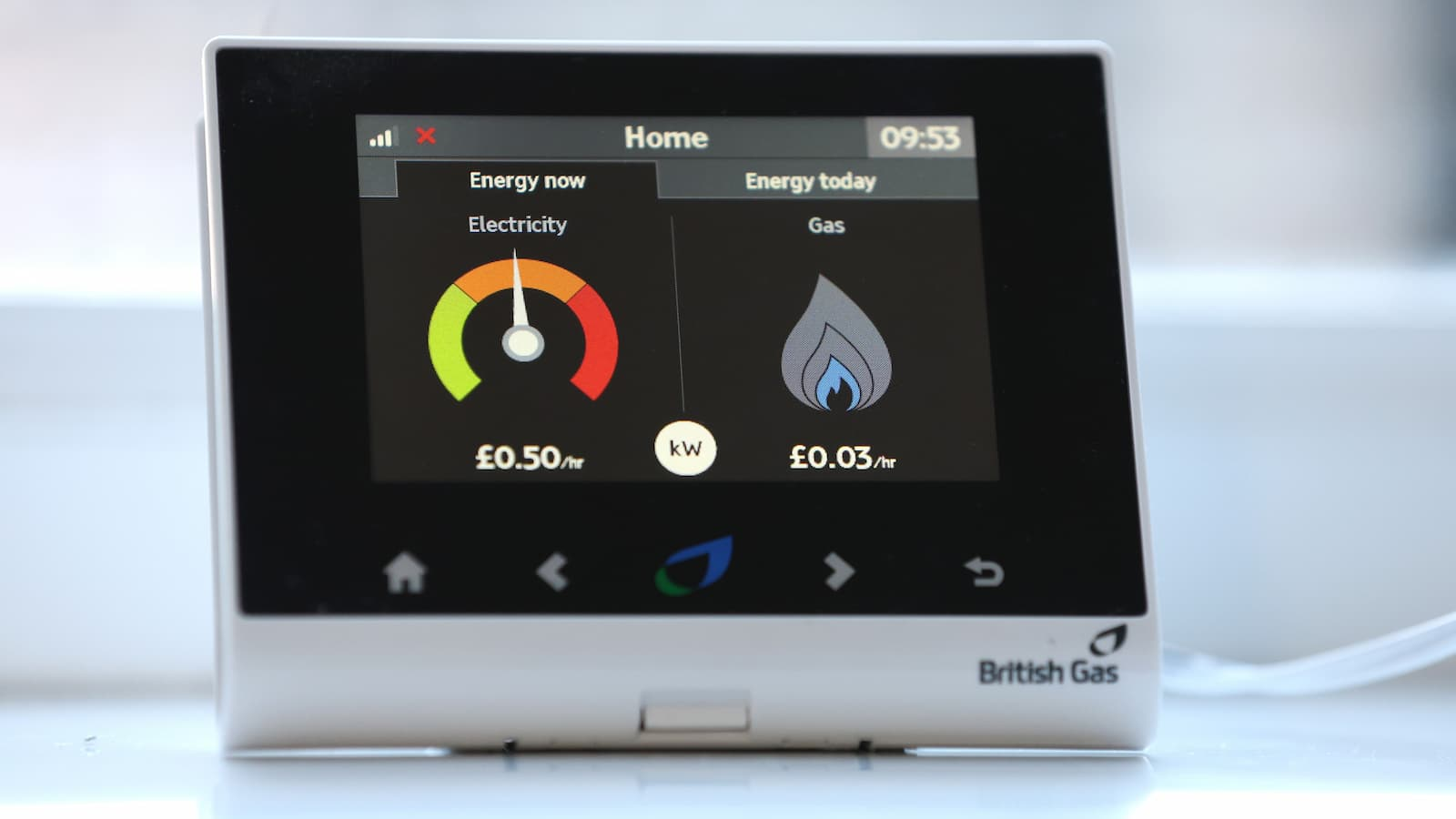
"The UK electricity market sets wholesale prices based on the most expensive generator, typically gas-fired power, despite the majority of electricity now coming from low-carbon sources."
"Household energy prices in the UK are significantly affected by global gas prices, highlighting a disconnect between low-carbon electricity generation and retail electricity costs."
"The 'Pot Zero' proposal aims to change the pricing structure within the electricity market, moving older low-carbon generators to a separate category to alleviate price pressures on consumers."
"Critics of the current system warn against retrospective changes that could disrupt investor confidence, highlighting a balance needed between reform and maintaining market stability."
Despite the UK generating most of its electricity from low-carbon sources, household energy prices continue to rise, driven largely by global gas prices. The structure of the electricity market ties wholesale prices to gas-fired generation, causing low-carbon utilities to sell energy at inflated rates during gas price spikes. A proposal known as 'Pot Zero' seeks to remedy this by separating older low-carbon generators into a distinct pricing category, potentially lowering retail prices. Advocates argue it addresses market inconsistencies, while critics caution against disrupting existing investment frameworks.
Read at Homebuilding
Unable to calculate read time
Collection
[
|
...
]